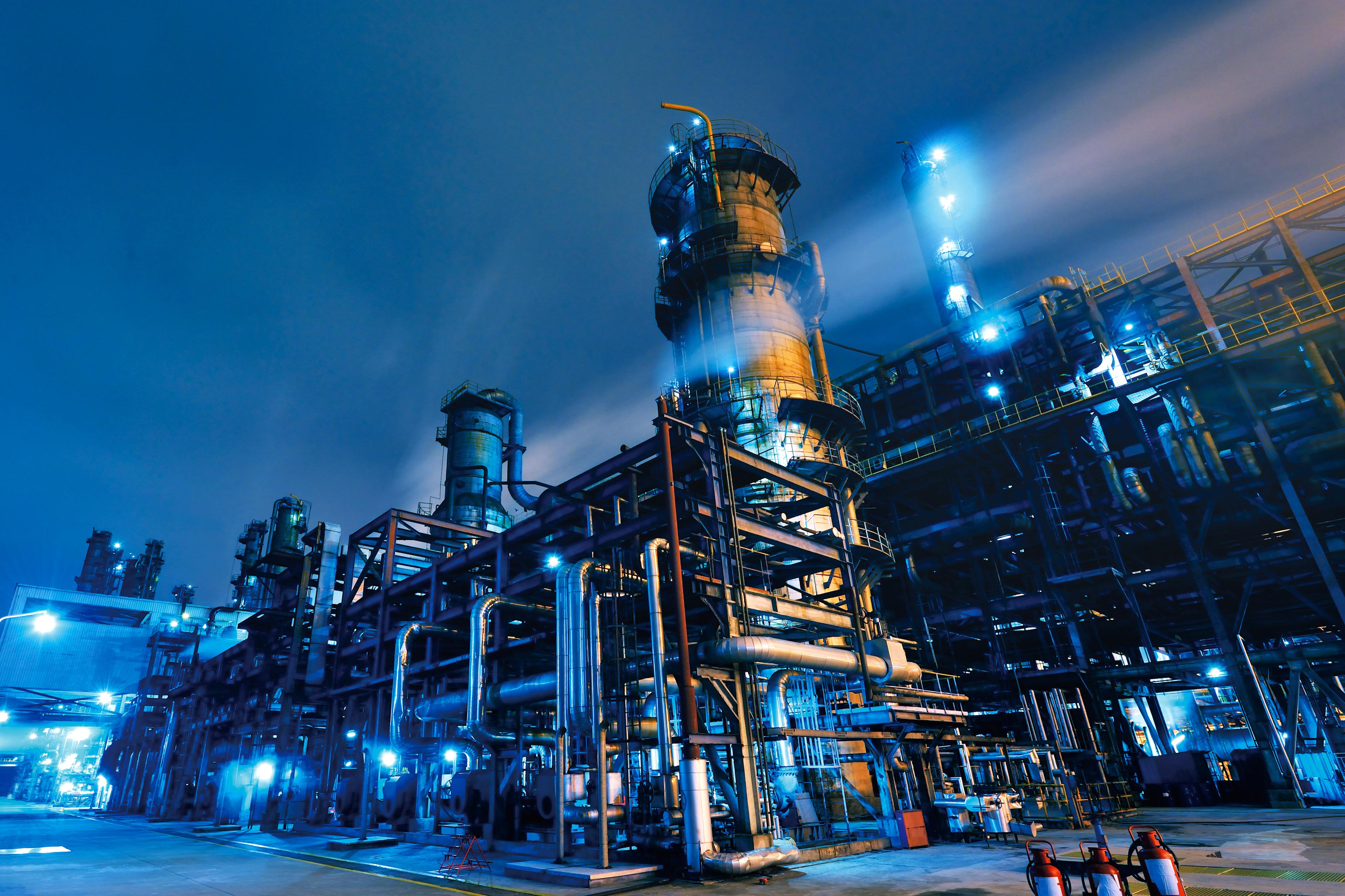Higher natural gas prices - what's driving the price hike?
There has been a significant increase in the price of natural gas, caused by a lack of supply and an increase in demand. The current price is 99% higher than this time last year, with further rises expected - particularly given the prospects of a cold winter. Goldman Sachs have predicted that prices could even double once more over the coming months.
The great hike in natural gas prices has come as a particular shock given the plentiful supply of the commodity in previous years. It has unsurprisingly led to the increase of share prices for companies specialising in the production of natural gas.
But what is driving such a dramatic price hike and how could it affect the international economy?
What has caused the price hike?
There are a variety of reasons for the international increase in natural gas prices. The initial price hike came as a direct result of unusually low temperatures in America - resulting in greater demand. This meant that less gas was conserved in preparation for winter. There was also a major drop-off in the prices of oil and gas, meaning that oil producers had little incentive to tap into their supplies. The increase in numbers of people working from home has been cited as another contributing factor, with more houses having to be kept warm during the daytime.
There has been a 250% year on year increase in the price of natural gas in Europe. And prices have risen by around 175% since the start of the year in Asia, in large part due to recovery from the pandemic. Low gas inventories and restricted gas supplies have exacerbated the issue. Alternative sources of electricity have had to be found, given the widespread closure of coal plants as international governments have continued the drive for sustainability.
The UK government has attributed the price rise to a considerable increase in demand following the reopening of the economy in the wake of COVID. Combined with the low winter temperatures of 2020-2021 this is said to have resulted in the tightening of gas market restrictions and reduction of spare capacity.
There have been calls for the European Commission to investigate the contribution of the Russian-backed Gazprom to rising prices across the continent. A group of 40 MEP’s pledged their support to a letter highlighting suspicions over Gazprom’s attempt to prompt a rapid agreement to the launch of the Nord 2 Stream gas pipeline. This has involved the limitation of Gazprom’s production and the refusal to arrange for transportation through the existing gas pipelines.
Other contributing factors are said to have included:
- Unusually calm weather restricting the generation of wind energy
- The closure of North Sea gas platforms (both during the pandemic and for scheduled maintenance)
- High levels of competition following long winters in in Europe and East Asia
There’s a good chance of prices being driven even higher if the upcoming winter months are any colder than in previous years. Goldman Sachs have said that this could cause a price risk resulting in demand destruction with gas above $10/mmBtu. It would be the first time that gas prices have reached such heights since 2008.
What’s the outlook for winter?
A significant drop in winter temperatures could be a particular issue for households across Europe. Such concerns have already prompted the representatives of European governments to discuss the arrangement of aid packages. A particularly high level of demand for heating may even result in the complete draining of natural gas reserves at power plants. There have been warnings that the natural gas shortage could result in lights being turned off across large areas of Europe this winter.
The international gas network is connected, with the US converting large quantities of natural gas for distribution among other countries. As such, the increased global demand is sure to have an impact on pricing and availability within the US. However, nations across Asia and the Middle East are preparing to weather the storm through the temporary sourcing of fuel oil, crude, naphtha and coal. There is some reluctance to draw on alternative sources among the European nations, given the harmful impacts on the environment.
Shifts in the demand and supply of natural gas are sure to push household bills higher. However, homeowners have been assured that there are some safeguards in place to limit the hiking of energy prices. Still, there is likely to be a significant impact given the use of natural gas in heavy industry and electricity generation. Inflation rates could also rise higher as the global economy continues to recover in the wake of the pandemic. Much will come down to the scale of the drop in wintertime temperatures.
HSBC Analyst Kim Fustier said, “A colder-than-average winter could push storage levels to dangerously low levels, raising risks of price spikes and/or shortages in some countries.”
Concerned homeowners have been advised to contact their energy suppliers for the discussion of measures such as the reduction or pausing of payments.

